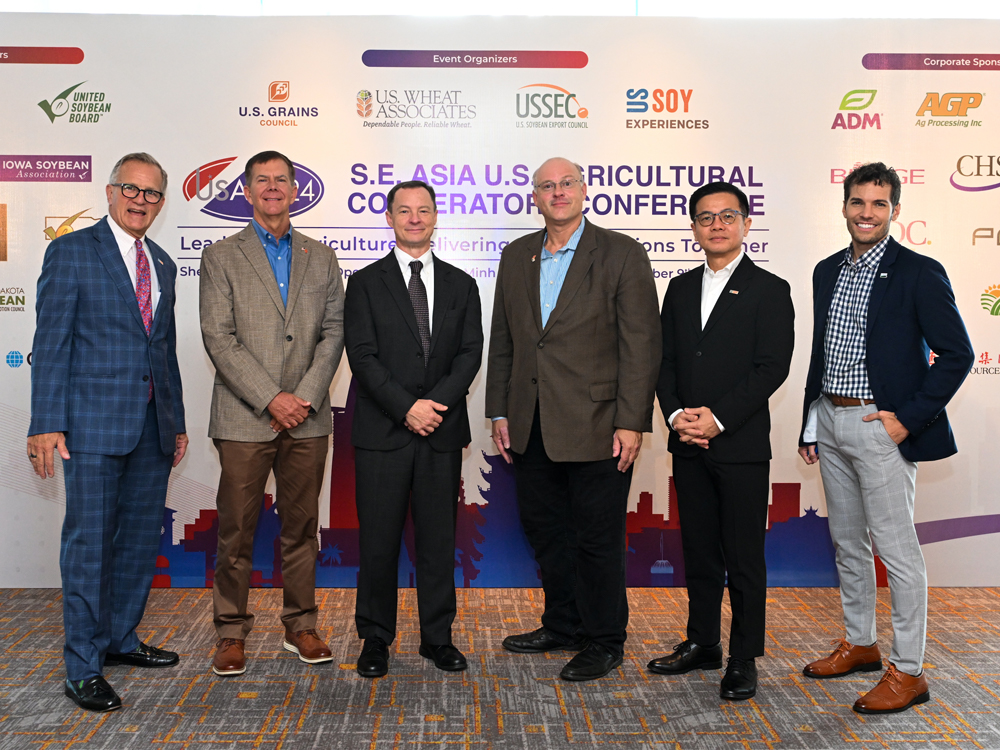Cultivating the Future: U.S. Agriculture's Commitment to Southeast Asia
The agricultural landscape in Southeast Asia is undergoing a significant transformation, driven by increased collaboration and commitment from U.S. agricultural stakeholders. The recent Southeast Asia U.S. Agricultural Cooperators Conference, held in Da Nang, Vietnam, showcased this growing partnership, emphasizing food security, sustainability, and innovation as key themes for future cooperation.
With a remarkable transaction of 1.7 million metric tons of U.S. agricultural products, including soybeans, corn, and wheat, the conference reaffirmed the U.S. commitment to supporting the agricultural needs of Southeast Asia. This event highlighted not only the economic potential of the region but also the crucial role that U.S. agricultural practices can play in addressing global food security challenges.
As Southeast Asia is projected to be one of the fastest-growing regions, with an average growth rate of 4.6% from 2023 to 2032, the demand for agricultural products is rising. U.S. agricultural producers see this as a strategic opportunity to forge strong partnerships with local stakeholders, enhancing the agricultural supply chain and fostering economic growth.
The U.S. Soybean Export Council (USSEC) has been particularly active in promoting sustainable practices in Vietnam's agricultural sector. The adoption of the U.S. Soy Sustainability Assurance Protocol (SSAP) has increased significantly, rising from 19% in 2019 to 80% in 2023. This initiative reflects a strong commitment to sustainability amid growing concerns over climate change and environmental degradation.
Moreover, the conference discussions underscored the importance of free trade and innovation as essential components for ensuring food security. Leaders in the agricultural sector emphasized the need to resist protectionist measures that could hinder globalization. As highlighted by Ryan LeGrand, President of the U.S. Grains Council, when trade flourishes, it benefits the global community.
The aquaculture and livestock sectors in Southeast Asia are particularly vital, given the region's position as one of the world's leading producers of seafood and pork. As demand for these products continues to grow, U.S. agricultural producers are poised to meet these needs through collaboration and investment in local markets.
In conclusion, the U.S. agricultural sector's commitment to Southeast Asia not only enhances food security and economic growth but also promotes sustainable practices that are crucial for the future. By building strong partnerships, sharing knowledge, and fostering innovation, the U.S. aims to cultivate a resilient agricultural landscape in Southeast Asia, ensuring mutual benefits for all stakeholders involved.
Read More






 Monday, 02-02-26
Monday, 02-02-26







